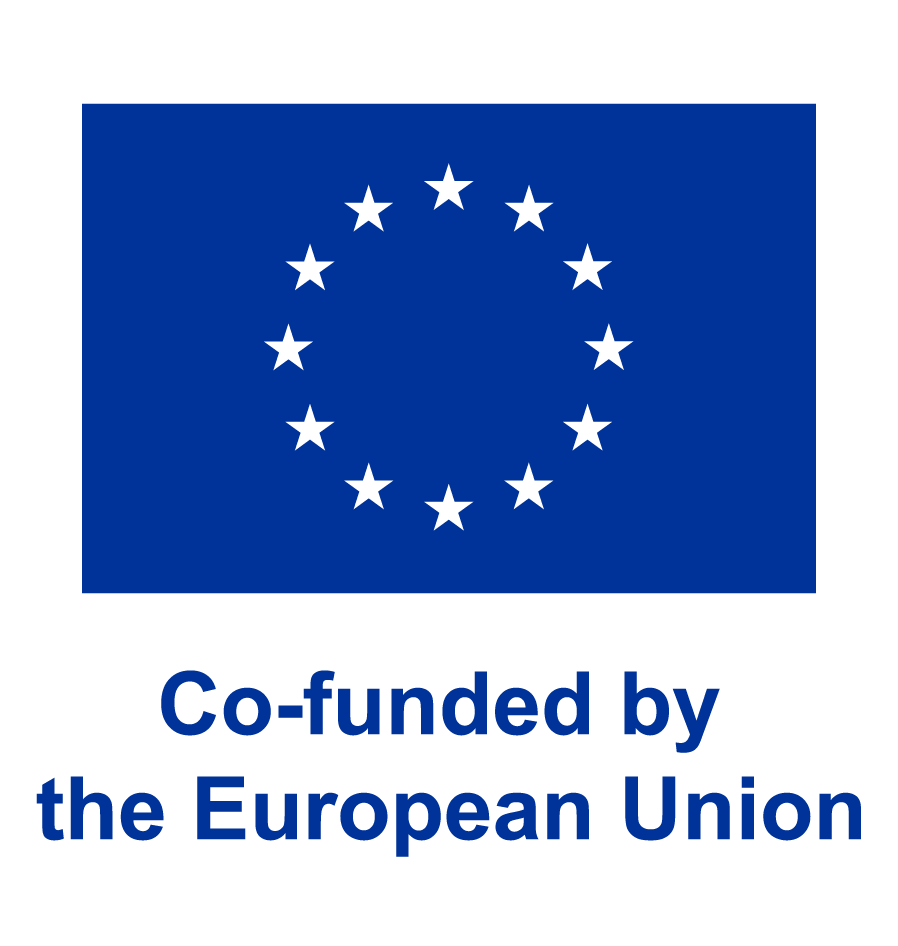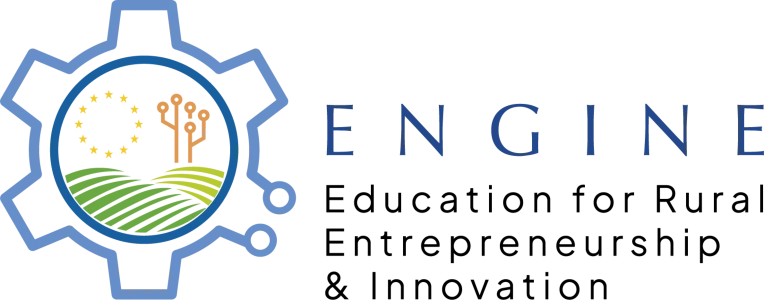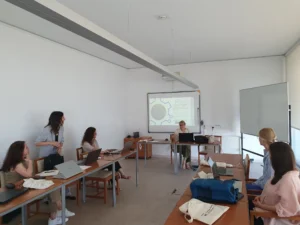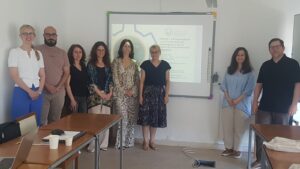Advancing Rural Innovation and Entrepreneurship through Collaborative Higher Education Efforts
On 1–2 July 2025, partners of the ENGINE Project gathered at the Escola Superior de Tecnologia e Gestão (ESTG/IPVC) in Viana do Castelo, Portugal, for the 2nd Transnational Project Meeting.
The meeting began with a summary of the project’s achievements to date. During the first months of implementation, the consortium developed a methodology for analysing the development potential of rural areas and the related competence needs in entrepreneurship and innovation. Based on this approach, partners created detailed Rural Development Potential Maps for the four partner regions: Małopolska (Poland), Münsterland (Germany), Alto Minho (Portugal), and Foggia (Italy). The maps illustrate rural local resources and potentials, development opportunities and key competences essential for supporting rural entrepreneurship and innovation. Building on this work, partners also developed the “Rural Development Potential for Innovation and Entrepreneurship – Analysis Framework”, a practical guide for identifying local strengths and educational needs in the context of entrepreneurship and innovation. A strong element of the project’s first phase has been dialogue with rural stakeholders. Consultation sessions organised in each partner region brought together local entrepreneurs, authorities, NGOs, and academics to discuss opportunities for rural growth and to identify competences needed for sustainable development. These meetings not only strengthened cooperation between universities and local communities but also deepened understanding of the educational context in rural areas across Europe.
Following this review, partners moved on to discuss the next stage of the project, which focuses on developing methods and tools to support higher education institutions in designing entrepreneurship and innovation curricula tailored to rural contexts. The activities planned for the coming months include:
· analyzing existing entrepreneurship and innovation study programs at partner universities and developing a joint, standardized curriculum adapted to rural contexts,
· defining a competency profile for students aligned with the development needs of rural regions, and
· identifying rural stakeholders whose experience can enrich the educational process.
The final result of this work package will be the Local Leadership Toolkit – a methodological guide presenting tools and approaches that help universities design high-quality entrepreneurship and innovation education for rural areas. Ultimately, all results will be integrated into EDUPACK – a comprehensive educational package supporting students in developing entrepreneurial competences crucial for driving sustainable growth in Europe’s rural regions.




